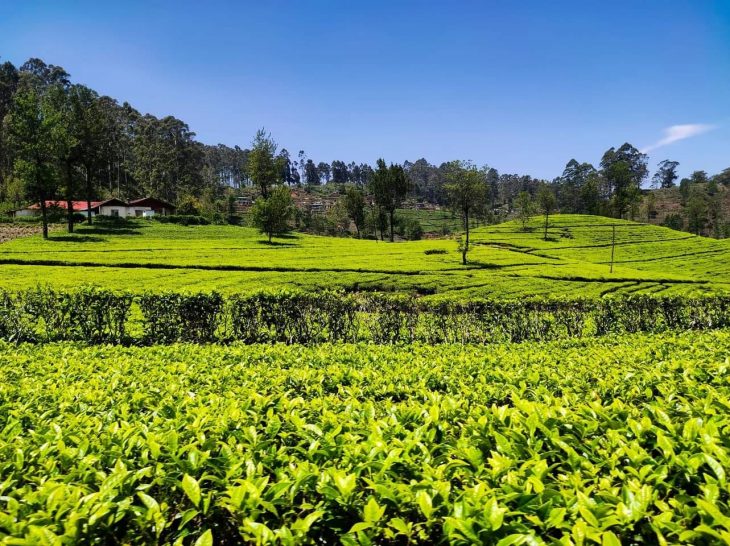
Ceylon Tea: A Taste of Tradition and History
Vol 26 Issue 20
Ceylon tea, or Sri Lankan tea merits global recommendation for its persistent quality and exceptional taste. During 1800s, the country started growing tea due to a disease spread across coffee plantation. Thereafter the country produced tea as one of the national exports in the country to the international market. The tea market became a major contributor in the economy and the highest contributor to the national balance sheet. Over the time, Ceylon tea was widely spread around many countries charming a major market as people everywhere started appreciating the high-quality tea that comes from there.
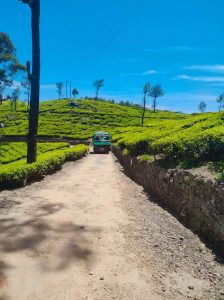
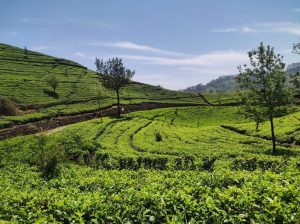
Ceylon tea is unique with a long history and delightful taste. This emphasizes that Ceylon tea remains in demand, celebrated for its exceptional quality and rich history. This makes it clear that Ceylon tea is still in demand and is respected worldwide for its great quality. Therefore, it is not just any tea it is a special part of Sri Lanka’s history and an important player in the global tea picture.
The success of online tea auction in Colombo particularly for its ‘high grown’ teas, became a historical high point for the Ceylon Tea industry. The heightened demand for Ceylon Tea can be attributed to various factors one of which revolves around a hypothesis developed by scientists. They suggest that the presence of “Theaflavins” in black tea might potentially inhibit a critical enzyme related to SARS-CoV-2, theoretically enhancing human immunity against COVID-19. Insights from the Tea Research Institute of Sri Lanka (TRI) revealed that “Theaflavins,” antioxidant polyphenols found in black tea, could assist in controlling and flushing the virus from the system. Unlike green tea, black tea is rich in Theaflavins, formed during the manufacturing process. Moreover, it has been observed to relieve breathing diseases, facilitating easier breathing by opening air passages in the lungs.
Researchers from the Sri Lanka Tea Board Laboratory suggest that regular consumption of hot black tea (ideally 3 to 4 cups without sugar or milk) and inhaling its fumes could potentially flush viruses trapped in the throat and nasal areas. During the pandemic, Ceylon Tea discovered a bright side for its industry, embracing e-platform auctions to ensure safety and showcasing adaptability.
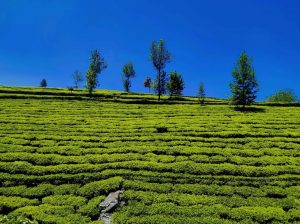
Despite global challenges, Ceylon Tea remains a cherished beverage offering potential health benefits that are under ongoing research. The Sri Lankan tea sector or tea plantation areas serve as a major source of employment for a substantial segment of the population in the country. With labor-intensive tea plantations, numerous rural communities rely on this industry for their rations.
Ceylon tea embodies not just the tradition but also the rich history of Sri Lanka reflecting the cultural and historical significance associated with this legendary beverage.
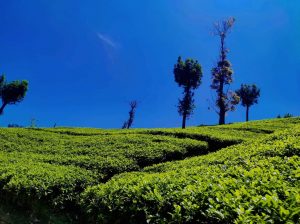
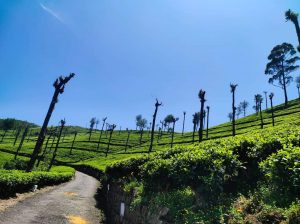
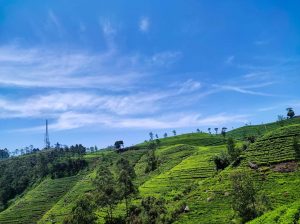
- Finnish Cuisine - 19th April 2024
- “Kokis” – A Snack of Sri Lankan New-year Table - 12th April 2024
- Celebrating Cultural Diversity – The Sinhala and Tamil New Year Celebration in Sri -Lanka - 5th April 2024
